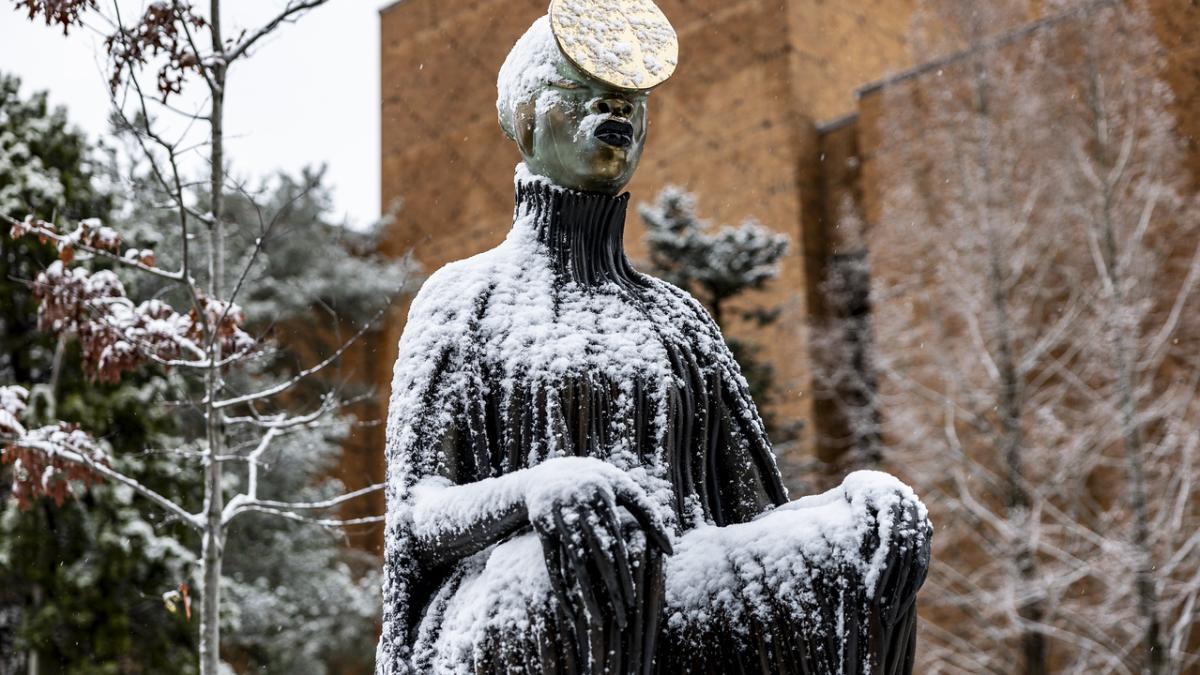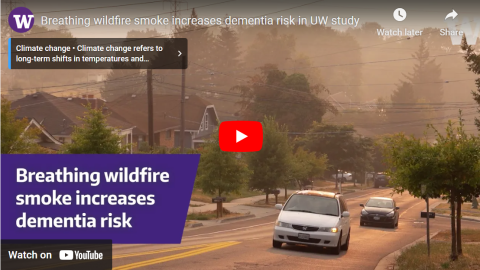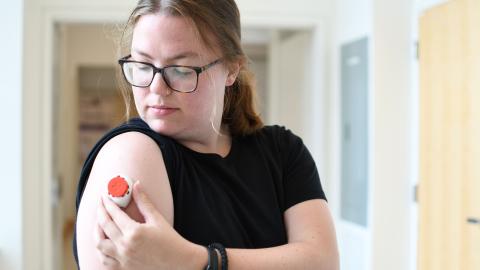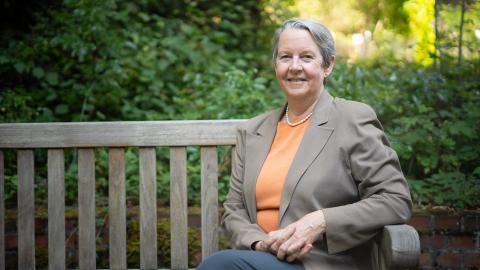This new year comes with four new faculty for the UW Department of Environmental & Occupational Health Sciences (DEOHS).
They bring expertise in addressing how emerging environmental exposures and social disparities influence a broad range of health concerns, including Alzheimer’s disease and dementia, fertility, birth outcomes, vector-borne disease and microbial exposure.
All new faculty are joining DEOHS at the rank of assistant professor. The department currently has 41 regular faculty members.
New faculty members who have already started with DEOHS
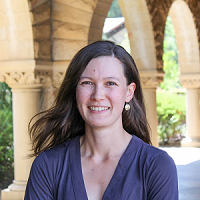
Marissa Childs, PhD, assistant professor
Marissa Childs explores how environmental conditions, including changes in land use and climate, influence people’s exposure to disease and pollution. Using remote sensing and modeling to predict the spread of vector-borne disease, she has investigated how yellow fever spills over from nonhuman primates into human populations in Brazil, and how temperature influences dengue transmission. She also uses machine learning to estimate how exposure to wildfire smoke varies over space and time in the United States. Childs was recently a postdoctoral fellow at the Harvard University Center for the Environment and the Harvard T.H. Chan School of Public Health.
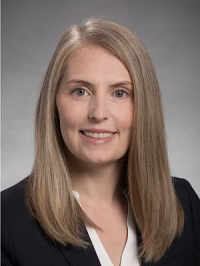
Tristan Nicholson, MD, PhD, assistant professor
Dr. Tristan Nicholson is a reproductive urologist and researcher focusing on andrology (men’s health). Her research explores how environmental toxicants impact human fertility and testicular function. She is currently evaluating how exposure to wildfire smoke affects the concentration, motility and DNA integrity of human sperm. Dr. Nicholson is also a faculty member in the UW Department of Urology, and practices at the University of Washington Medical Center Men’s Health Center and at the Puget Sound Veterans Administration Hospital.
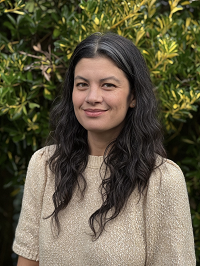
Rachel Sklar, PhD, assistant professor
Rachel Sklar examines environmental exposures among understudied populations, including informal waste workers, incarcerated people and those living in substandard housing. She develops low-cost exposure assessment methods and recently studied how housing characteristics affect air pollution’s impact on birth outcomes as a postdoctoral scholar at University of California San Francisco’s Program on Reproductive Health and the Environment.
Faculty who will start with DEOHS later this year
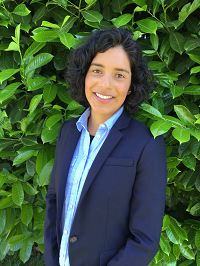
Magali Blanco, PhD, assistant professor
Magali Blanco focuses on understanding how air pollution impacts cognitive health, particularly Alzheimer’s disease and related dementias. She uses biostatistical analysis with large epidemiological data sets to explore how social disparities intersect with and sometimes amplify environmental exposures. During her PhD research in DEOHS, Blanco designed a mobile monitoring campaign for traffic-related air pollutants, including ultrafine particles, around the Puget Sound region. Blanco also examines how environmental and social factors influence exposures to the herbicide glyphosate in the United States. She has most recently been a postdoctoral scholar at the University of Washington.
